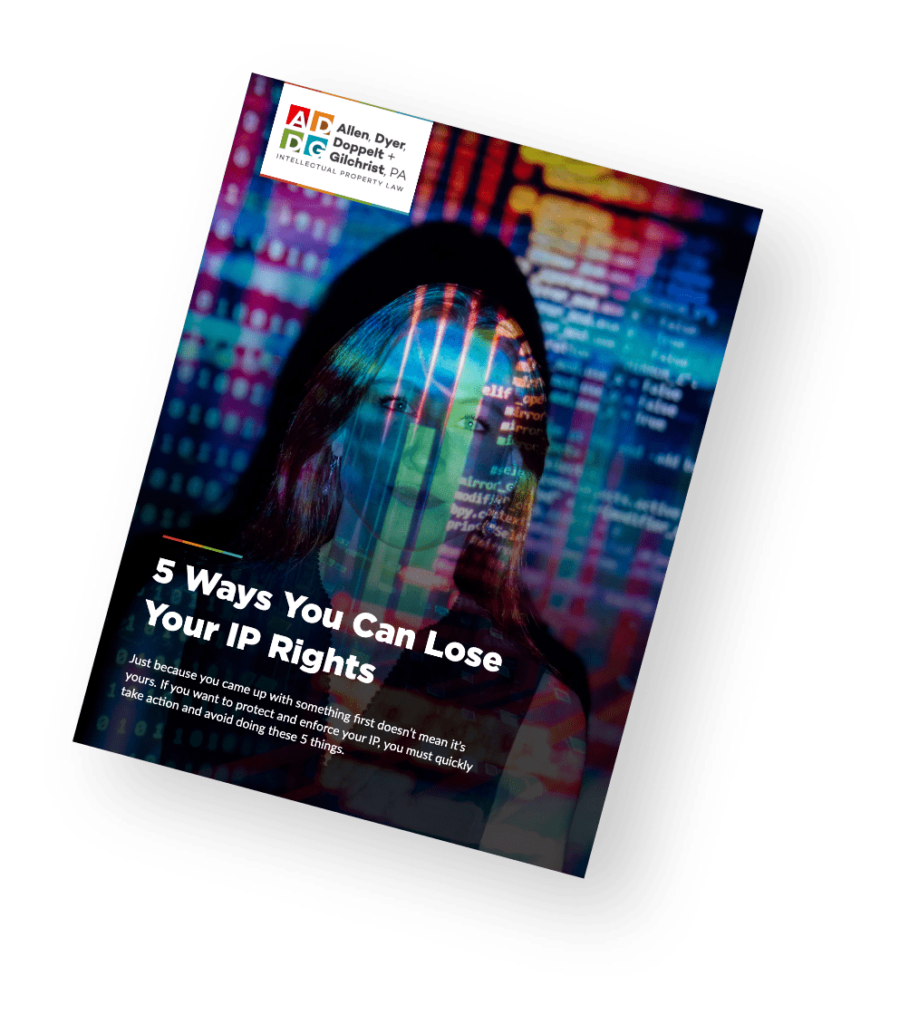[vc_row][vc_column][vc_column_text]In the field of Intellectual Property, the law of trade secrets often takes a back seat to patent law. However, trade secret protection affords various advantages that patent protection fails to encompass including potentially infinite protection, yet it requires less of an initial capital investment to secure protectable rights. Often, it is a claim of trade secret misappropriation that yields the higher monetary damage award, rather than a patent infringement cause of action. Despite this, a Florida patent lawyer and practitioner may often look upon trade secret protection as a secondary consideration in counseling clients.
In the digital age, trade secret misappropriation has become rampant. With flash drives and CD burners, the ease of disseminating large amounts of electronic information in a small package has created new complexities and pitfalls in protecting trade secret rights. A customer or pricing list can walk out the door on someone’s key chain, without anyone ever knowing until it is simply too late. Once a trade secret is lost, it is lost forever. In today’s digital world, loosing one’s trade secrets can happen at anytime, with little warning, and sometimes with no redress unless proactive steps are taken.
In patent protection, the U.S. Patent & Trademark Office evaluates a technology and then bestows a limited monopoly right, which can be later enforced. Once a patent is issued, it constitutes a public document that competitors can use to ascertain if they infringe. On the contrary, the trade secret right is the reverse. The information is maintained as a secret, and its bounds are defined only through litigation. In addition, whether information constitutes a trade secret is determined in the litigation stage, rather than by a prior government review process.
Because of these unique characteristics, a Florida patent attorney understands that proactive measures must be maintained throughout the life of a trade secret. With the addition of automation and information technology, clients also need to adopt protocols that ensure that the rights are preserved and can be later enforced should misappropriation take place. In essence, client counseling in this digital age may be the difference in maintaining the value and enforceability of a client’s most cherished information. The following article outlines the common law origins and statutory history of trade secret law, and provides a general non-inclusive list of steps which could help ward off misappropriation of electronic data.
[/vc_column_text][/vc_column][/vc_row]



